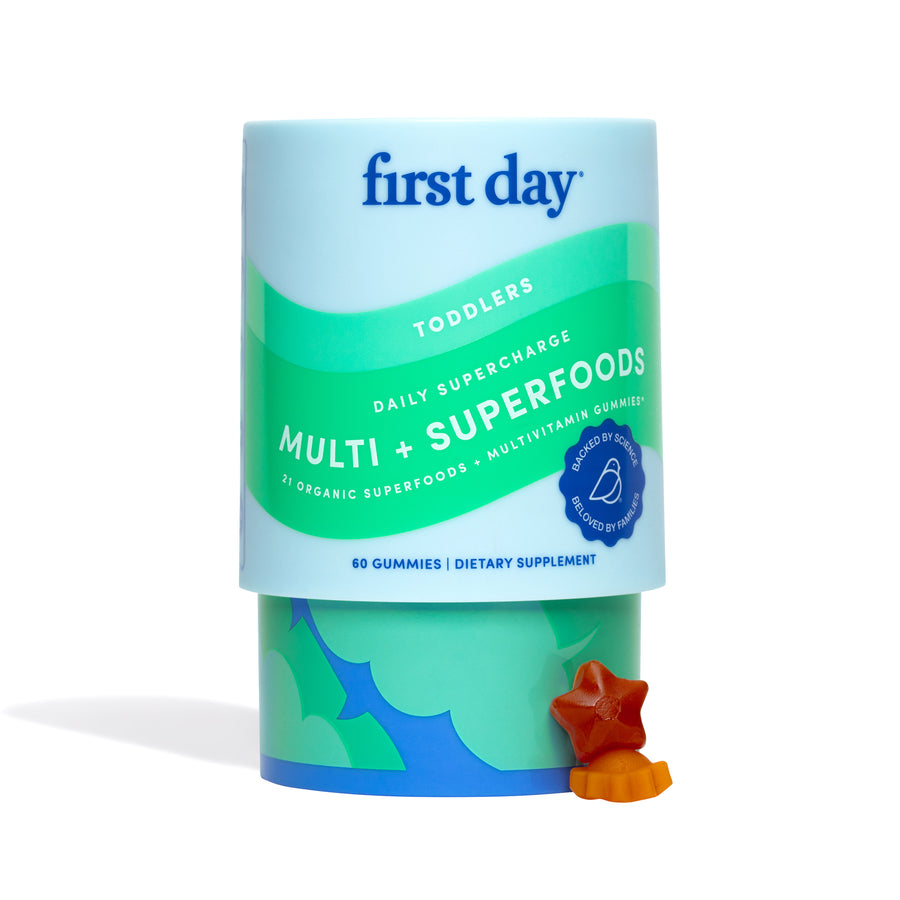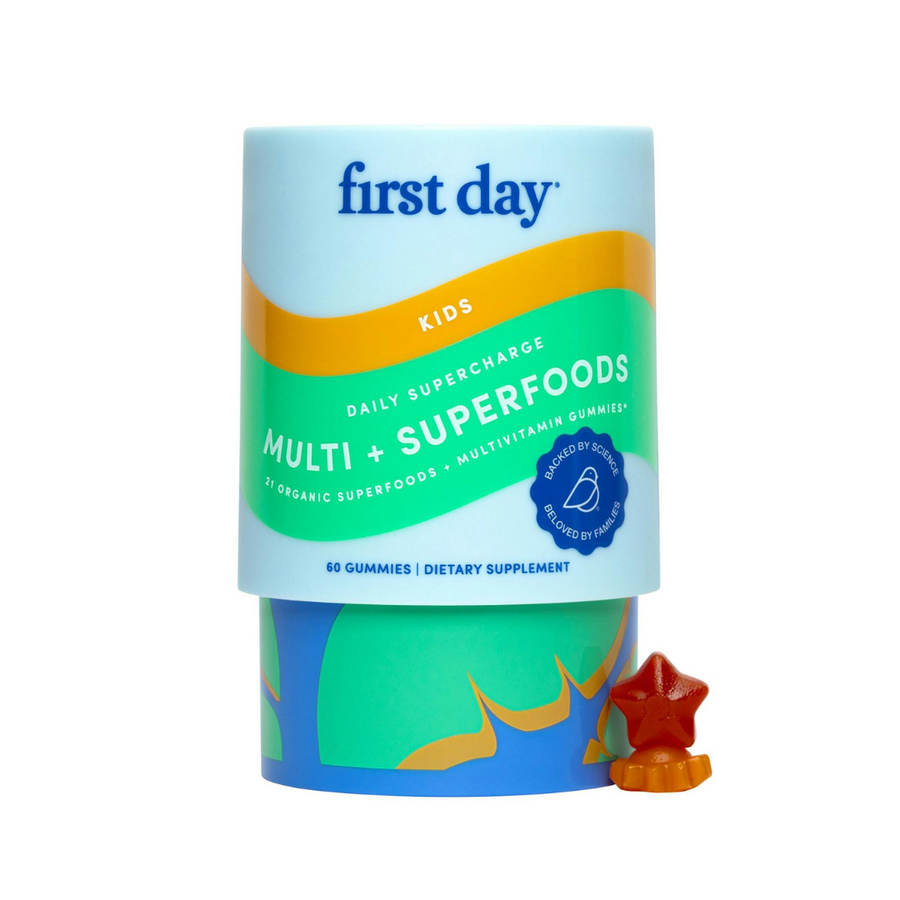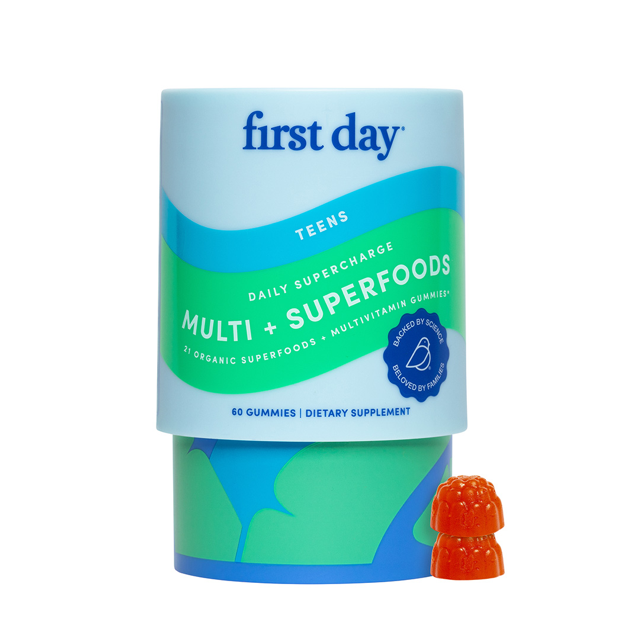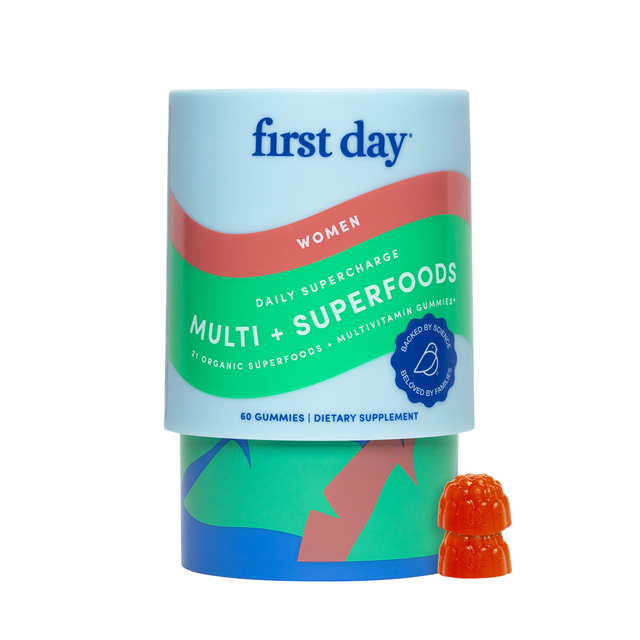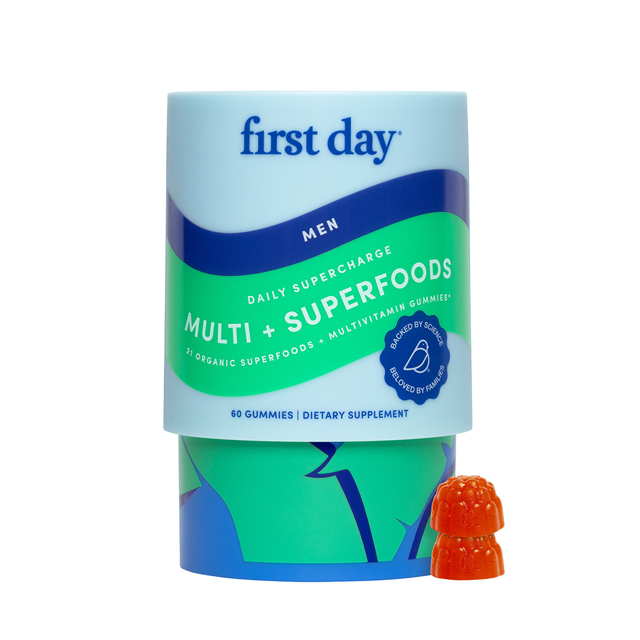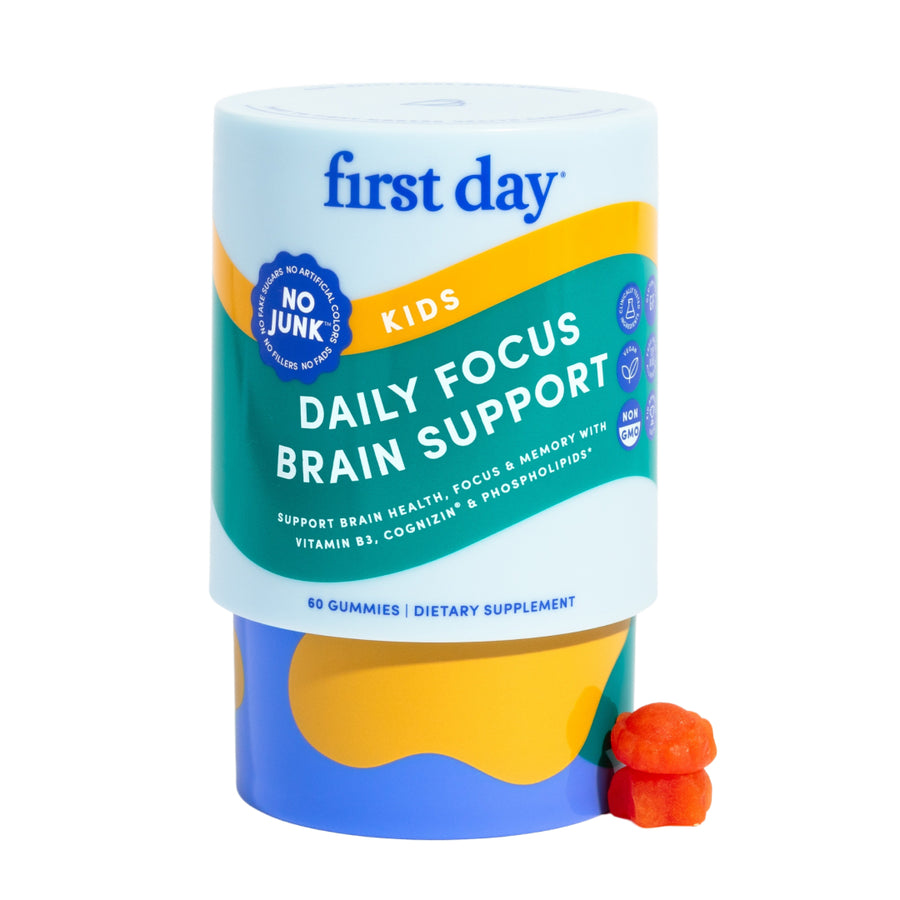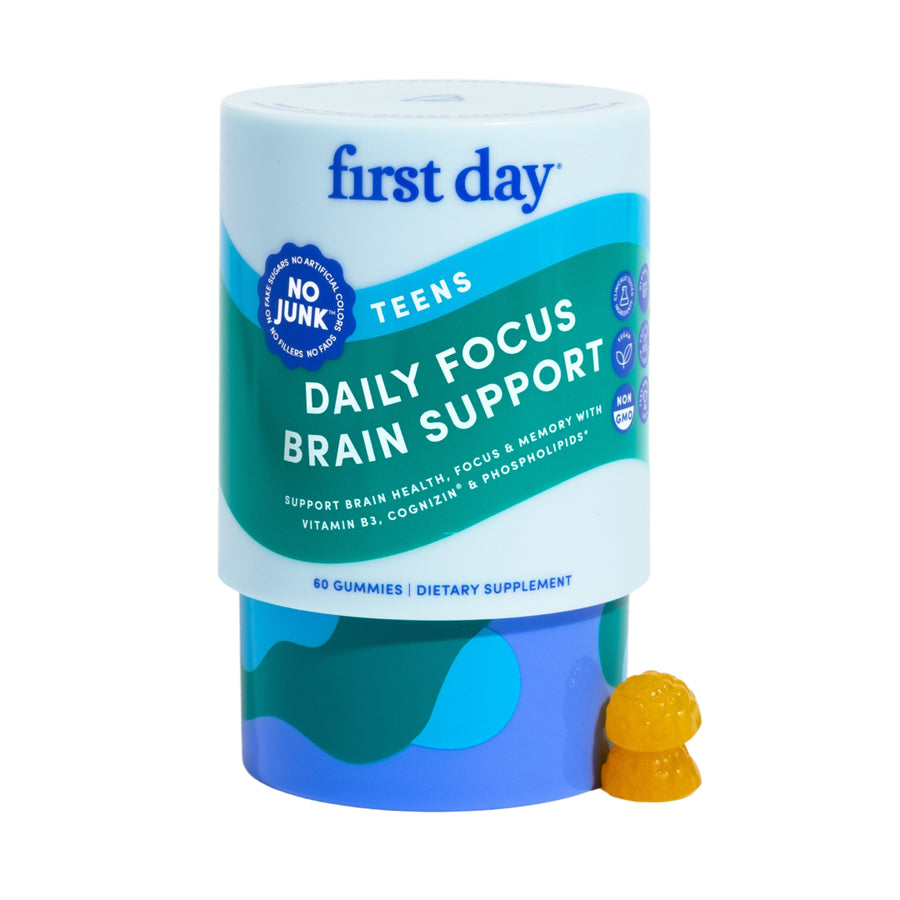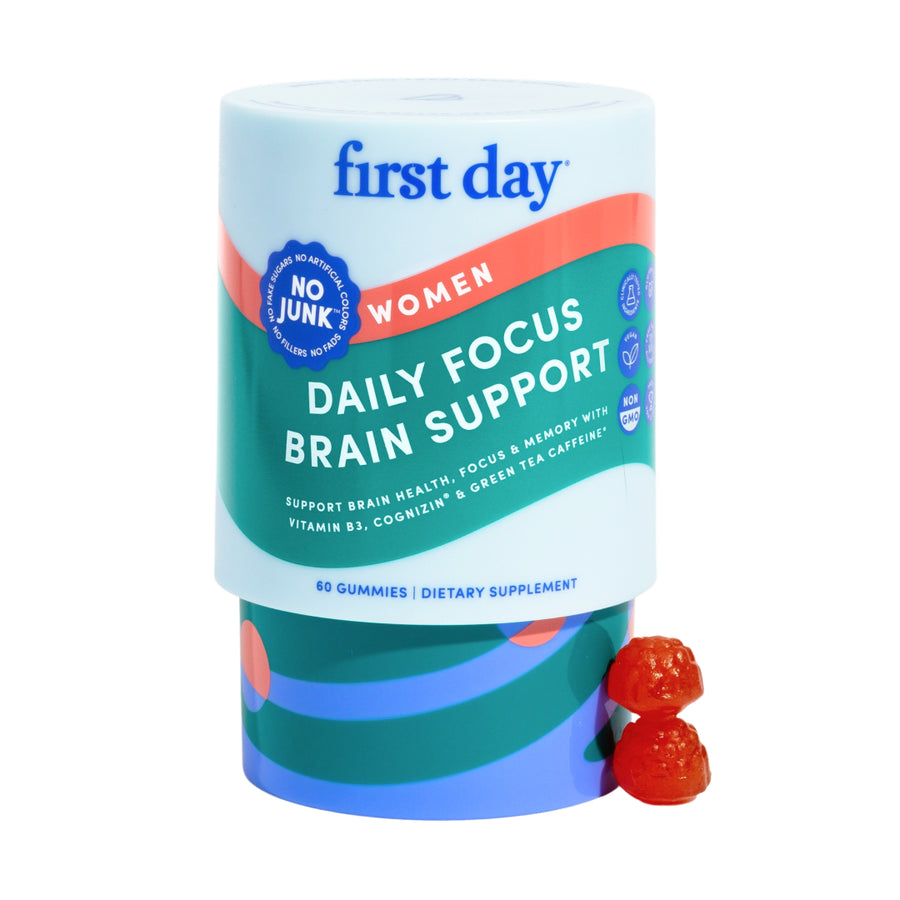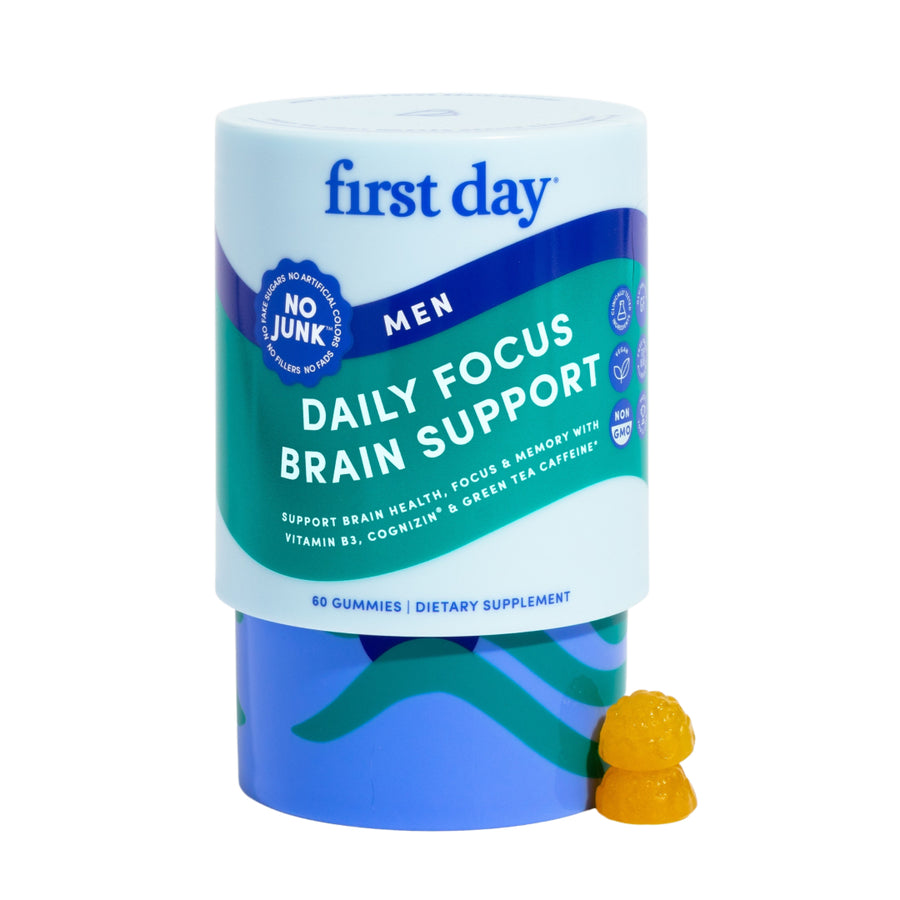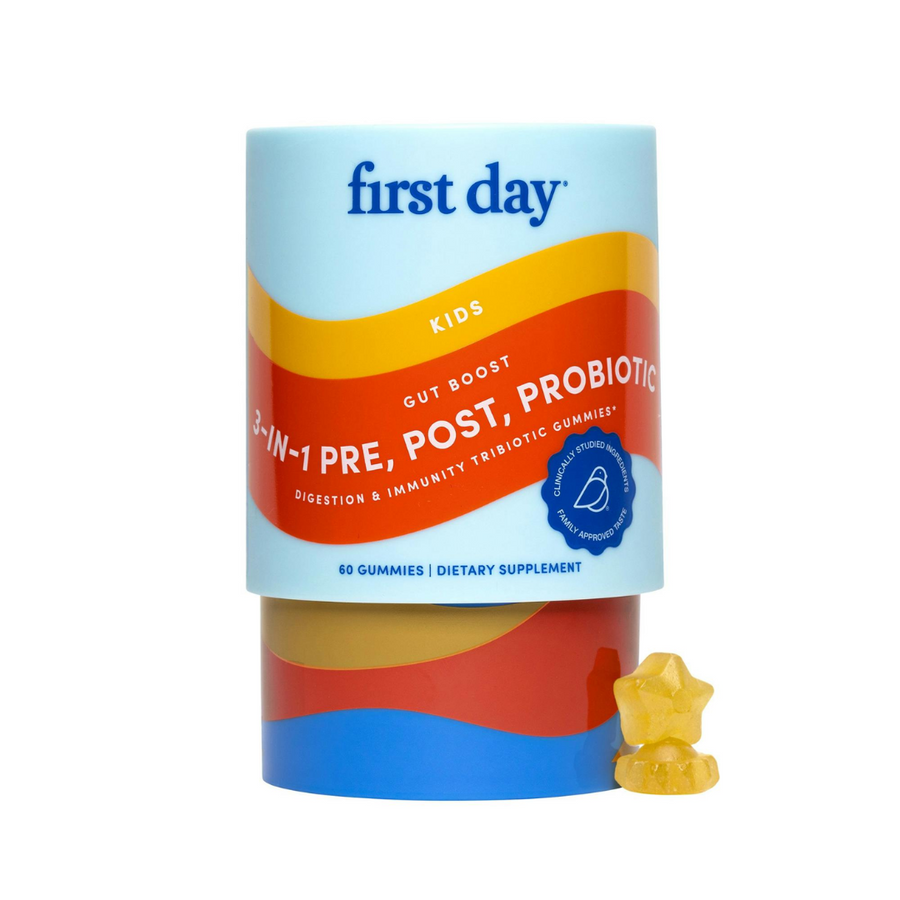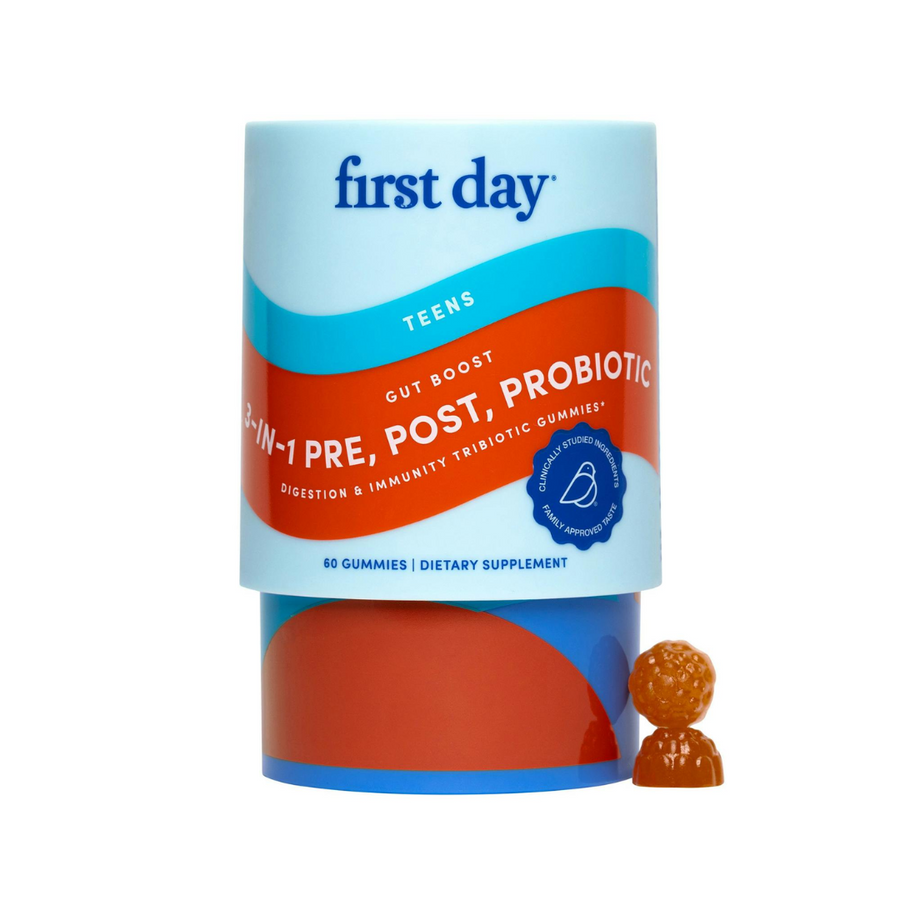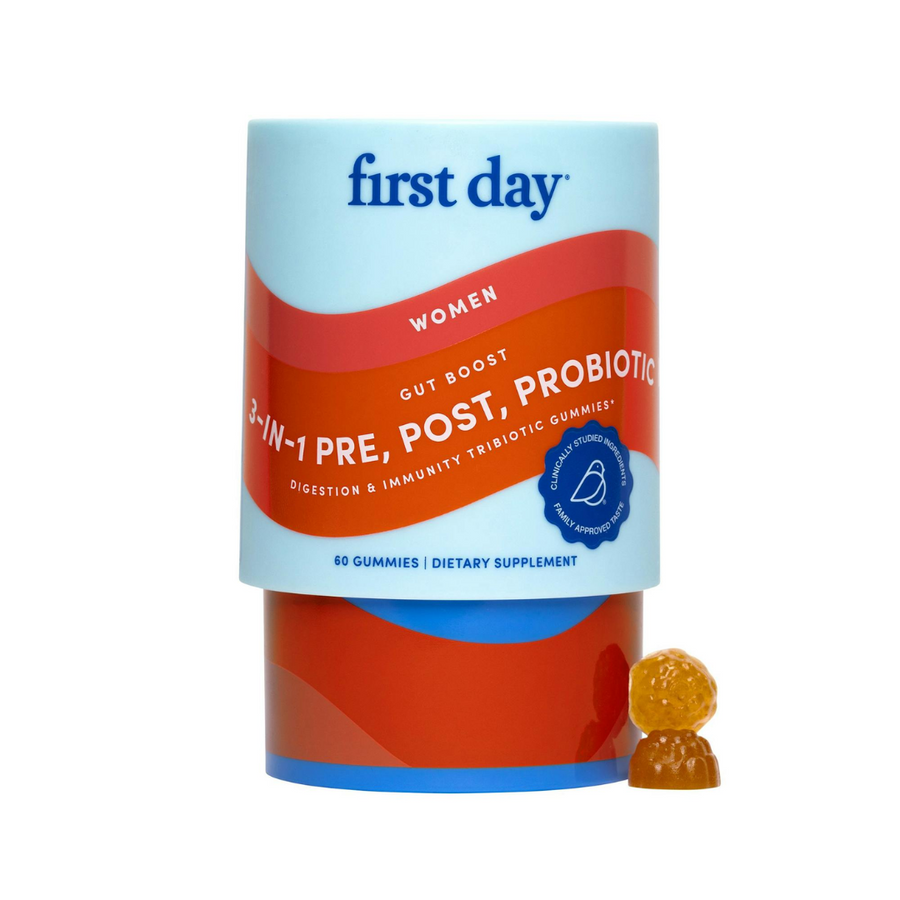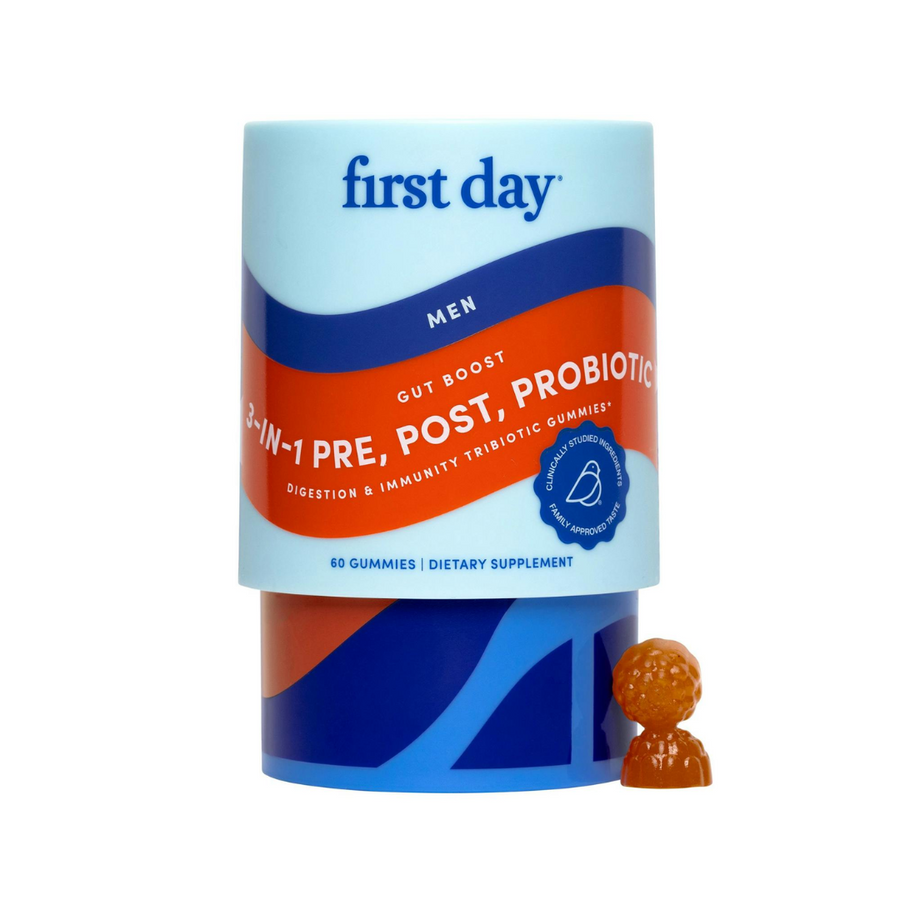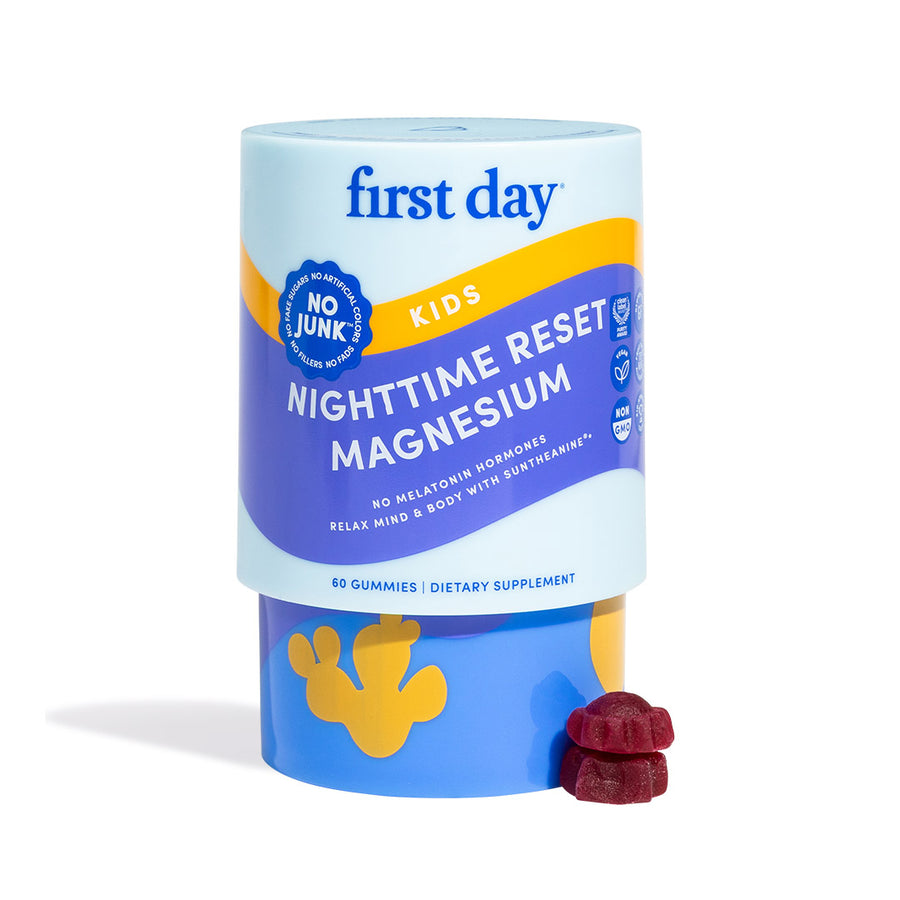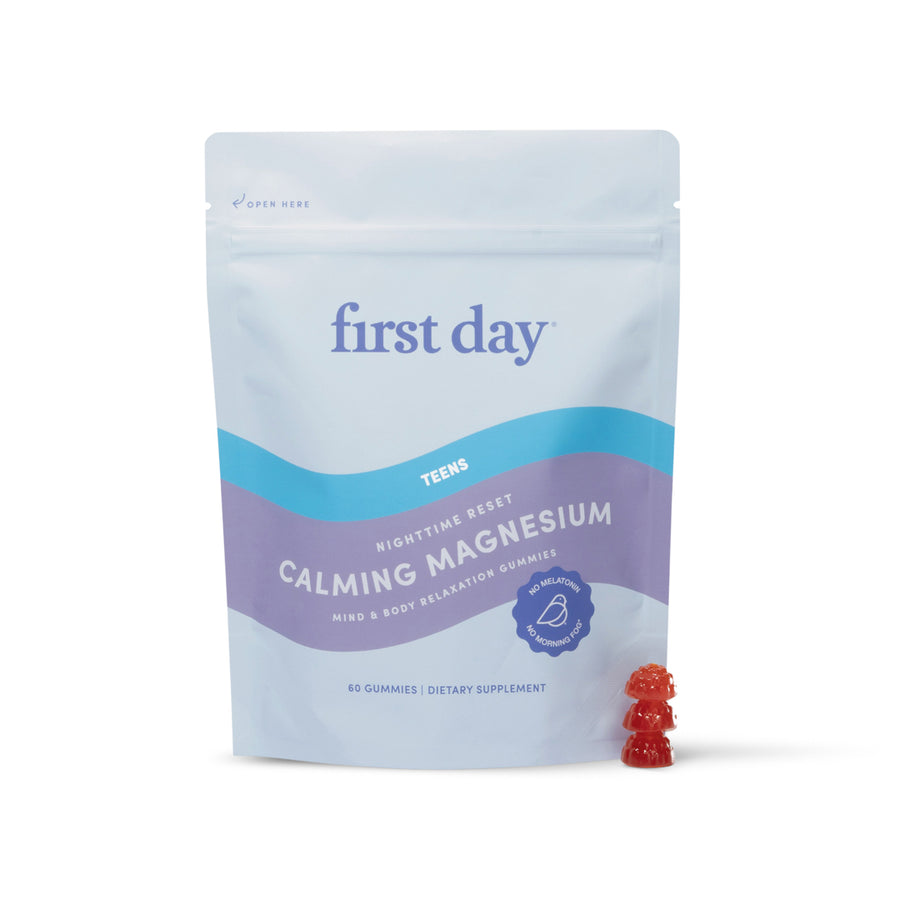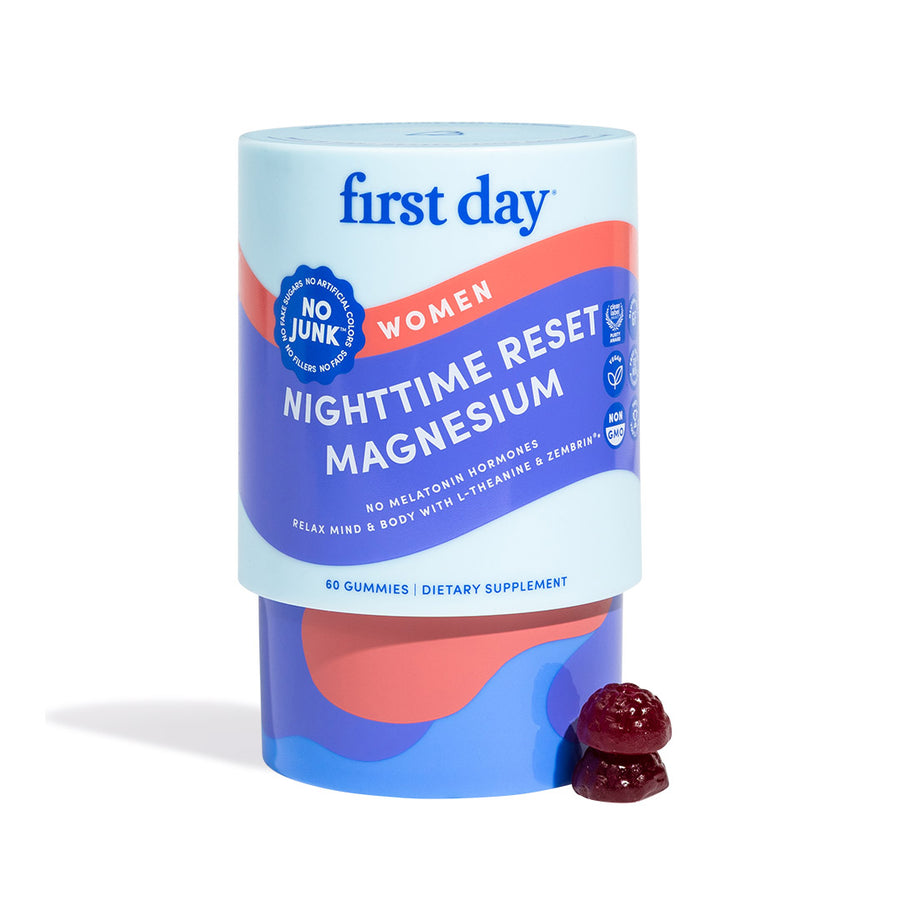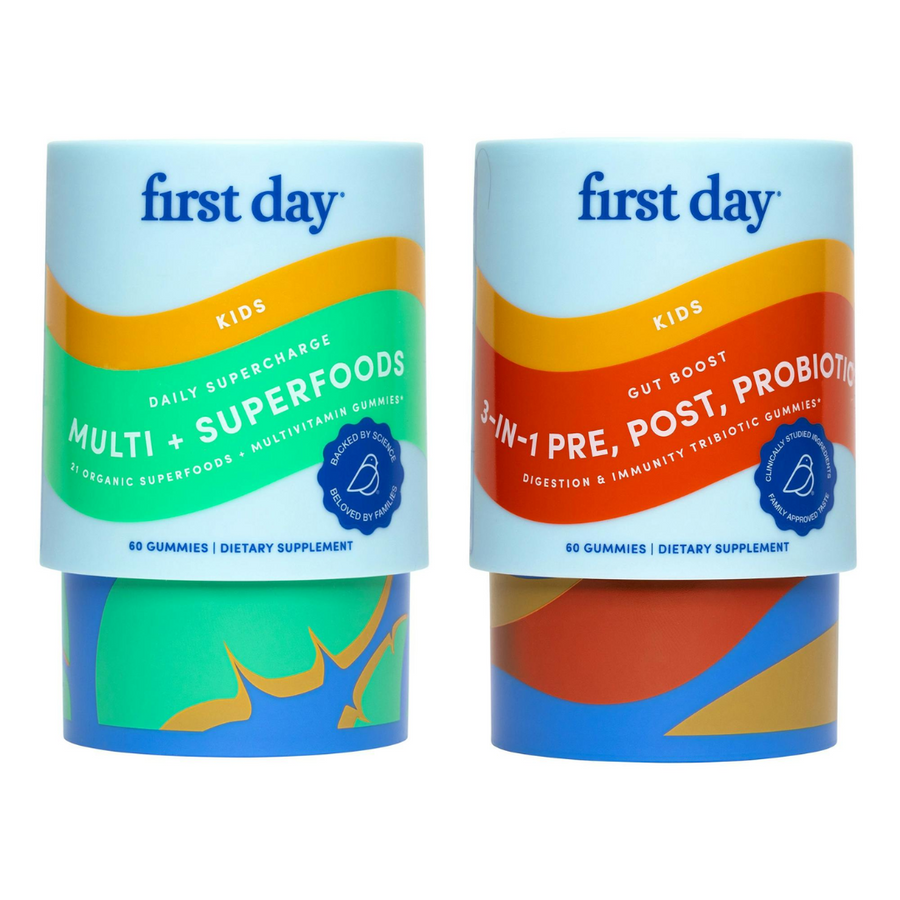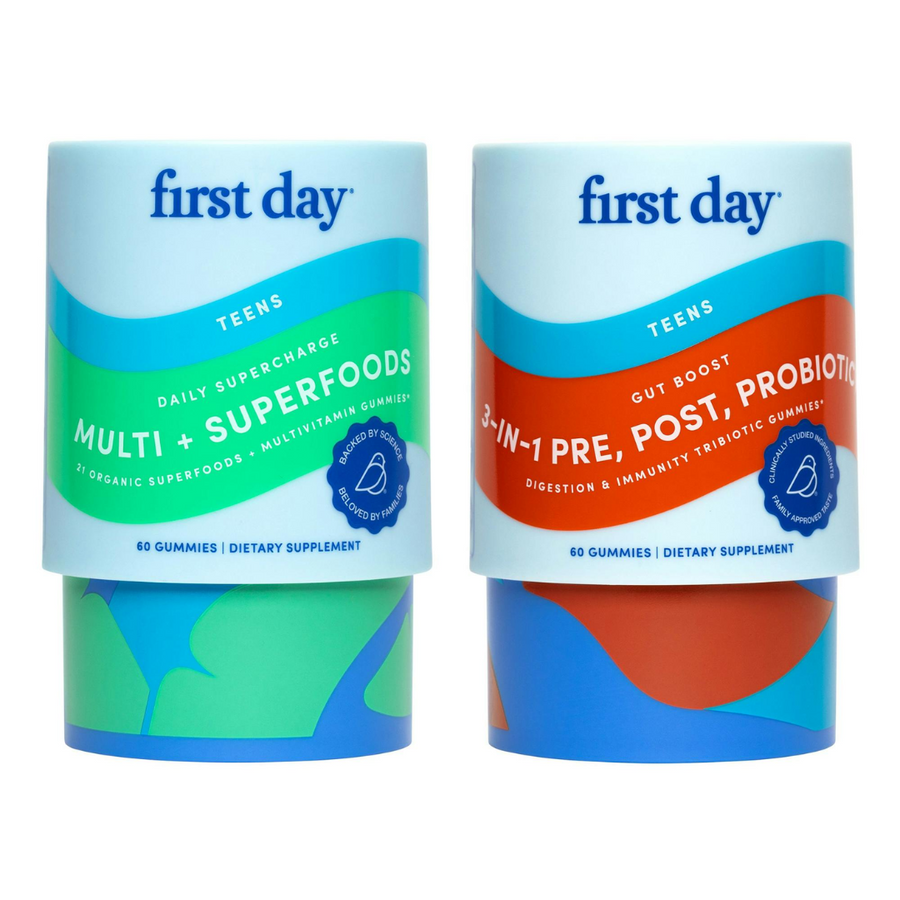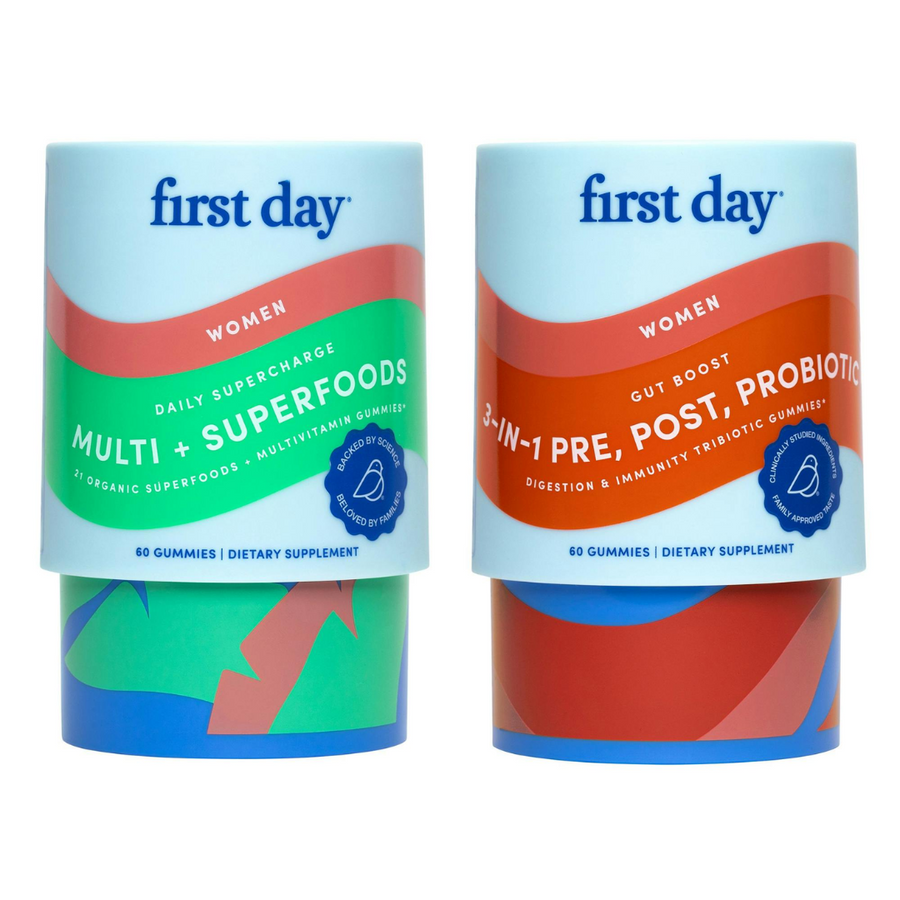B Vitamins are essential to your health. They play a key role in your body's daily function like generating blood cells, supporting your nervous system and keeping you energized.
A wide variety of foods like leafy greens, nuts, meat and seafood can provide you with Vitamin B. Daily supplements can further assist in ensuring you don't become deficient. However, too much Vitamin B can also cause complications. After all, it's always about moderation.
Whether your doctor has recommended you take Vitamin B supplements to aid your current condition or you simply take them as part of your daily routine, it's important to know just how much is too much.

About Vitamin B
There are 8 B vitamins, all of which our bodies need to thrive. Some people don't consume enough foods that are rich in B vitamins, so they take supplements to help them reach their daily requirements..
Below are eight essential water-soluble B vitamins, as well as the recommended daily dose for each.
Vitamin B1 - Thiamin
Vitamin B1 helps the body's cells change carbohydrates into energy. Thiamin also plays a role in muscle contraction and signaling between nerves.
Thiamin is found in:
-
Enriched, fortified, and whole grain products such as bread, cereals, rice, pasta, and flour
-
Wheat germ
-
Beef steak and pork
-
Trout and bluefin tuna
-
Egg
-
Legumes and peas
-
Nuts and seeds
The recommended daily allowance (RDA) of Vitamin B1 is 1.2 milligrams (mg) for men and 1.1 mg for women.
Vitamin B2 - Riboflavin
Vitamin B2, or also known asriboflavin, helps your body break down and use the carbohydrates, fats, and proteins in your diet and helps metabolize food into energy. This B vitamin also functions to keep your skin, the lining of your gut, and your blood cells healthy. Eggs, dairy, organ meats (kidneys and liver), green vegetables, mushrooms, almonds and fortified foods are great sources of riboflavin.
The RDA for B2 is 1.3 mg for men and 1.1 mg for women.
Vitamin B3 - Niacin
Vitamin B3, also known as niacin, is also instrumental in metabolizing protein, fats and carbs in our bodies. Great food sources for this vitamin are potatoes, mushrooms, fish and meat.
The RDA for niacin is 16 mg for men and 14 mg for women.
Vitamin B5 - Pantothenic Acid
Vitamin B5 helps balance our sugar levels, aids in producing red blood cells, keeps our skin healthy as well as manages our cholesterol levels. Nuts, whole grains, dairy, mushrooms, and avocado are some of the best dietary sources of pantothenic acid.
“Because Vitamin B5 helps to break down fats, it may be helpful in lowering cholesterol levels in individuals with dyslipidemia,” says Victoria Whittington, RDN. Dyslipidemia is when either LDL (“bad cholesterol”), HDL (“good cholesterol”), total cholesterol, or triglyceride levels are outside normal limits.
The RDA for Vitamin B5 is 5 mg.
Vitamin B6 - Pyridoxine
Vitamin B6 metabolizes the protein in our bodies, helps us maintain a healthy brain and aids in ample production of our hormones. Fruits, fish, meat and grains are fantastic sources of this B vitamin.
The recommended daily allowance for pyridoxine tends to be more age-sensitive, wherein adults aged 19-50 must have 1.3 mg. For 51 above, the RDA is 1.7 mg for men and 1.5 mg for women.
Vitamin B7 - Biotin
Vitamin B7, also commonly referred to as Vitamin H or biotin, helps our body convert food into energy. It also helps our eyes, skin, liver, hair and nervous system in top shape. Nuts, seeds, fish like salmon and eggs are a good food source of biotin.
The RDA for biotin is 30 micrograms for adults.
Vitamin B9 - Folate
Vitamin B9 is often associated as a vitamin that aids pregnant women. It's crucial for cell production and helps prevent birth defects before and during pregnancy. It's commonly referred to as folic acid, which is a synthetic form of folate found in supplements. Some of the foods rich in Vitamin B9 are spinach, chickpeas, broccoli, and asparagus.
The RDA for folate is 400 microgams for those aged 14 years and above.
Vitamin B12 - Cyanocobalamin
Vitamin B12 plays a vital role in nerve and tissue health, formation of red blood cells as well as proper brain function. Foods rich in this B vitamin are more often found in animal products and dairy, which is why those that are on a vegan and vegetarian diet tend to take supplements to help fill the gaps.
The RDA for Vitamin B12 is 2.4 micrograms for those aged 14 years and above.
Why Take Vitamin B Supplements?
How much Vitamin B we need to take can vary from person to person. However, it's essential to make it a part of our daily regimen to stay healthy and prevent illness.
Apart from ensuring our bodily functions are maintained, here are some other reasons why you may need to take B vitamins:
-
Pregnant or breastfeeding women
-
High alcohol intake
-
Diabetes
-
Older adults with underlying health conditions
-
People diagnosed with AIDS or HIV
-
Decreased nutrient absorption resulting from surgery like gastric bypass
-
Following a low-calorie, vegetarian, or vegan diet
-
Decreased nutrient absorption due to celiac or Crohn's disease
-
Taking specific medications that can affect your body's ability to absorb nutrients or can deplete certain B vitamins
-
People diagnosed with kidney disease or poor renal function
Vitamin B and Healthy Eating
We can't survive on supplements alone. It's important we nourish ourselves with a balanced diet so our bodies are able to perform and function properly. Multivitamins can only aid and help ensure our bodies are receiving its daily allowance of vitamins and minerals. We must always pair it with the right kind of foods for us to get enough nutrients to stay healthy.
Fortunately, there are many foods rich in B vitamins, including:
-
Beans
-
Fortified cereals and other fortified foods
-
Vegetables including mushrooms, leafy greens like kale and spinach, potatoes, avocados, beets
-
Whole grains
-
Seeds
-
Shellfish like oysters and clams
-
Dairy products like milk, cheese, yogurt
-
Eggs
-
Nuts
-
Legumes
-
Fruits
-
Liver and kidney
-
Red meat
-
Fish like tuna and salmon
There may be a wide array of B vitamins available everywhere. This means we need to watch our intake. Otherwise, high doses of it could cause more harm than good.
Risks, Symptoms and Side Effects of Too Much Vitamin B
B vitamins are commonly water-soluble, meaning excesses are normally excreted in our urine. However, when taking supplements, and depending on frequency and quantity of intake, our bodies may not be able to expel them quickly enough.
Similar to anything excessive, too much of a good thing could also lead to problems. In this case, too much Vitamin B can cause symptoms anywhere between mild and severe. This can be toxic to our blood, skin, heart and brain. That's why careful dosage is critical.
The risk of Vitamin B overdose may be rare, but that doesn't mean we can be aimless in our intake. Depending on your current condition and the advice of your physician, it’s essential to be careful and responsible with your intake. After all, Vitamin B toxicity is still possible.
Here are possible side effects and symptoms of too much Vitamin B:
-
Skin Rashes
The extent of rashes depend on just how intense are B vitamins overdose is. It could be a portion of your skin turning red or welts may appear all over your body. A specific form of acne caused by these rashes could also be a symptom of overdose.
-
Numbness
In very rare cases, people who reportedly had too much Vitamin B in them experience numbness or a tingling sensation on an area of the body. Along with this, some have reported reduced ability to pain.
-
Progressive Nerve Damage
Another symptom of a B vitamins overdose is progressive nerve damage. This could cause lack of muscle control or coordination.
-
Gastrointestinal Problems
In some cases, too much Vitamin B can result in gastrointestinal problems like diarrhea, vomiting and indigestion. Others have also reported experiencing nausea. Those with prior gastrointestinal issues are more prone to severe diarrhea and intense stomach cramps.
-
Hypertension or Hypotension
Long-term side effects of high doses of B Vitamins also include hypertension (high blood pressure) or hypotension (low blood pressure).
-
Insomnia
Other extreme cases of too much Vitamin B can interfere with our ability to sleep normally. Since this vitamin acts as an energy booster, too much of it could lead to insomnia.
-
Mood Swings
Unsafe high doses of B vitamins can also affect our mental health. Apart from mood swings, we can also experience restlessness and depression. This can also be much worse for those who have prior underlying mental health conditions and heighten paranoia and mental fogginess.
-
Eye Problems
Too much Vitamin B could also lead to a variety of eye problems like sensitivity to light, impaired vision or fluid buildup in the eyes.
If you have a hereditary condition called Leber's disease, you shouldn't take Vitamin B12. This can amplify the disease and could seriously harm your optic nerve and cause permanent blindness.
-
Other Dietary Risks
Fortified foods like cereals and bread are rich in Vitamin B. If you're already consuming a lot of these foods regularly, you probably don’t need to take a B vitamin supplement.

Toxicity and Deficiency
Excessively high doses of Vitamin B taken over a long period of time can also lead to similar side effects and symptoms evident among those who are deficient.
Both toxicity and deficiency can affect healthy body and brain function. It can lead to complications of the heart, blood, skin, gastrointestinal, nerves, and cells.
Symptoms of too much Vitamin B, though rare, can be dangerous and at times even life threatening depending on the dose.
Consult A Doctor or Registered Dietitian
You should always seek medical advice before starting any new medications or supplements. It’s important to consider any health conditions you may have, or any possible drug interactions of prescription medications you may take. Your doctor may also recommend supplementing with B vitamins to help treat specific illnesses or help decrease the effects of other conditions.
“Working with a registered dietitian can help those following restrictive diets ensure they are meeting their B vitamin requirements,” says Whittington. “A dietitian can help you figure out what foods to eat more of, and whether or not you need to supplement your diet with vitamins.”

Get Your Daily Dose of B Vitamins With First Day
Did you know First Day comes with nine super nutrients, including Vitamin B1, Vitamin B2, Vitamin B6, Folic Acid, and Vitamin B12? 70,000 people have switched to one of First Day's Daily Multivitamins because we ensure you will get a safe level of all of the vitamins and minerals you need. Prevent a vitamin deficiency, but also ensure the amount of vitamin you get is safe too.
Victoria Whittington, RD

Victoria Whittington graduated from the University of Alabama with a Bachelor of Science in Food and Nutrition. She completed her dietetic internship at Iowa State University. She is also a certified personal trainer with experience training individuals and small groups. Victoria is passionate about making healthy eating and enjoyable exercise accessible and achievable for all. She loves cooking and developing healthier versions of her favorite foods. Victoria believes that eating well doesn't have to be expensive, boring, or complicated. It is her mission to share evidence-based nutrition information and real-life strategies to live a healthy lifestyle with the world. In her free time, she can be found working out at the gym, trying new restaurants, visiting her family in California, or watching her favorite TV shows and movies.


